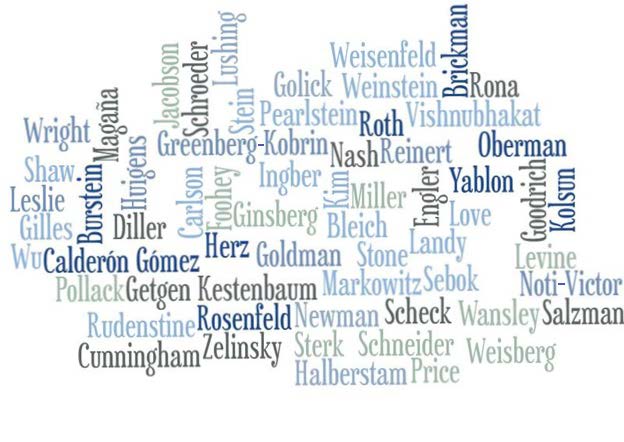Publication Date
11-20-2022
Journal
Wisconsin Law Review
Abstract
This piece offers an extended critique of one aspect of the so-called "independent state legislature" theory. That theory, in brief, holds that the federal Constitution gives state legislatures, and withholds from any other state entity, the power to regulate federal elections. Proponents ground their theory in two provisions of the federal Constitution: Article I's Elections Clause, which provides that "[t]he Times, Places and Manner of holding Elections for Senators and Representatives, shall be prescribed in each State by the Legislature thereof," and Article H's Presidential Electors Clause, which provides that "[e]ach State shall appoint, in such Manner as the Legislature thereof may direct, a Number of Electors, equal to the whole Number of Senators and Representatives to which the State may be entitled in the Congress." Proponents defend the theory as consistent with the text and structure of the Constitution, as well as some nineteenth-century practice.
While the independent state legislature theory (ISLT) purports to elevate state legislatures in the name of popular sovereignty and democracy, in fact it dramatically expands the power of the federal judiciary at the expense of both. At base, the ISLT is primarily a claim of authority on the part of federal courts: it inverts a core principle of judicial federalism by maintaining that the federal Constitution empowers federal courts to override the judgments of state courts, state executive-branch officials, and state voters about the meaning of state law. In the hands of the current Supreme Court, this assertion of interpretive supremacy imposes on the states a narrow mode of statutory interpretation-textualism-whose key justifications are largely inapplicable to the states, with their myriad and varied institutional arrangements.
The ISLT is fatally inconsistent with basic precepts of both federalism and the separation of powers. But more than that, the ISLT is a lawless power grab by the federal courts masquerading as deference to a romanticized vision of the state legislature that fails to take state institutional design choices seriously on their own terms.
Volume
2022
First Page
1235
Publisher
University of Wisconsin Law School
Keywords
Independent State Legislature Theory, Textualism, Interpretation, Federalism, Law of Democracy, Election Law
Disciplines
Administrative Law | Constitutional Law | Election Law | Law | Legislation
Recommended Citation
Leah M. Litman & Katherine A. Shaw,
Textualism, Judicial Supremacy, and the Independent State Legislature Theory,
2022
Wis. L. Rev.
1235
(2022).
https://larc.cardozo.yu.edu/faculty-articles/546
Included in
Administrative Law Commons, Constitutional Law Commons, Election Law Commons, Legislation Commons


